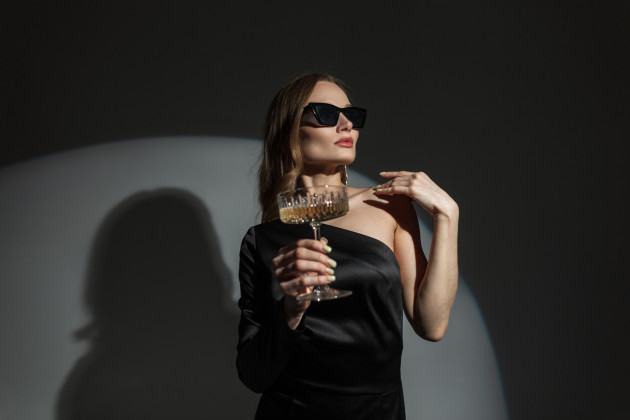
Celeb backed brands aren’t failsafe for success
New data has revealed the precarious business of investing in celebrity backed brands; for while they tend to outperform their total category, celebrity involvement doesn’t always guarantee success.
The past 10 years have seen a ramping up of the relationship between celebrities and beverage alcohol, with a growing number of well-known names actively involved in creating, marketing and profiting from their own drinks brand.
According to research by the IWSR, the rate of celebrity brands entering the global market has slowed since 2022.
And while celeb-backed launches and partnerships continue to be announced, such products do not always outperform the market. For example, in 2023, volumes of celebrity owned or backed gins actually declined by 1%, against a gin category that grew by 4%.
“When a category is trending, like tequila, you can see celebrity brands outperforming,” Emily Neill, COO of Market Research at the IWSR, said.
“But when a category is beginning to struggle and the boom has ended – like gin – being a celebrity brand doesn’t always insulate you from that downturn.”
Nevertheless, celebrity-backed brands do tend to outperform the overall market.
In 2023, celebrity whiskies grew 8% by volume, compared to 2% for the overall whisky category. In the same year, celebrity rums grew 11%, majorly outperforming a category that declined by 4%.
The category where celebrity drinks appear to have the biggest impact is tequila. In 2022, celebrity tequilas grew at 40% (three times the category growth rate of 13%). Last year, the figures were +16% for celebrity tequilas against +3% for the category as a whole.
This is partly due to timing. The renaissance of the tequila category has coincided neatly with the rise of celebrity spirits. The category is now attracting large numbers of new drinkers who are looking for something premium, but reassuring – two things celebrity endorsement can offer.
The data also shows that celebrity brands have increasingly appeared across beverage alcohol categories and geographies.
Over the last decade, the US has become a key market, closely followed by the UK, Canada and France in terms of importance when looking at global brands.
Collaborations are evident across all beverage alcohol categories. However, they are especially prominent in spirits, where it can be comparatively easier to leverage the association for a premium brand positioning compared to other categories such as wine. Social media, allowing instant connection between brand, celebrity and followers has played a huge part in this growth.
“With celebrity involvement, a brand immediately has a personality ready-made. Non-celebrity brands, by contrast, have to work over a period of time to create their personality and positioning,” Neill added.
There is always an element of risk, however. Should a celebrity decide to walk away from a brand association, as David Beckham did with Haig Club in 2023, a brand can risk losing a large part of its identity. Additionally, any negative press involving celebrities inevitably attracts significantly more attention across the world’s media than a non-celebrity brand.




